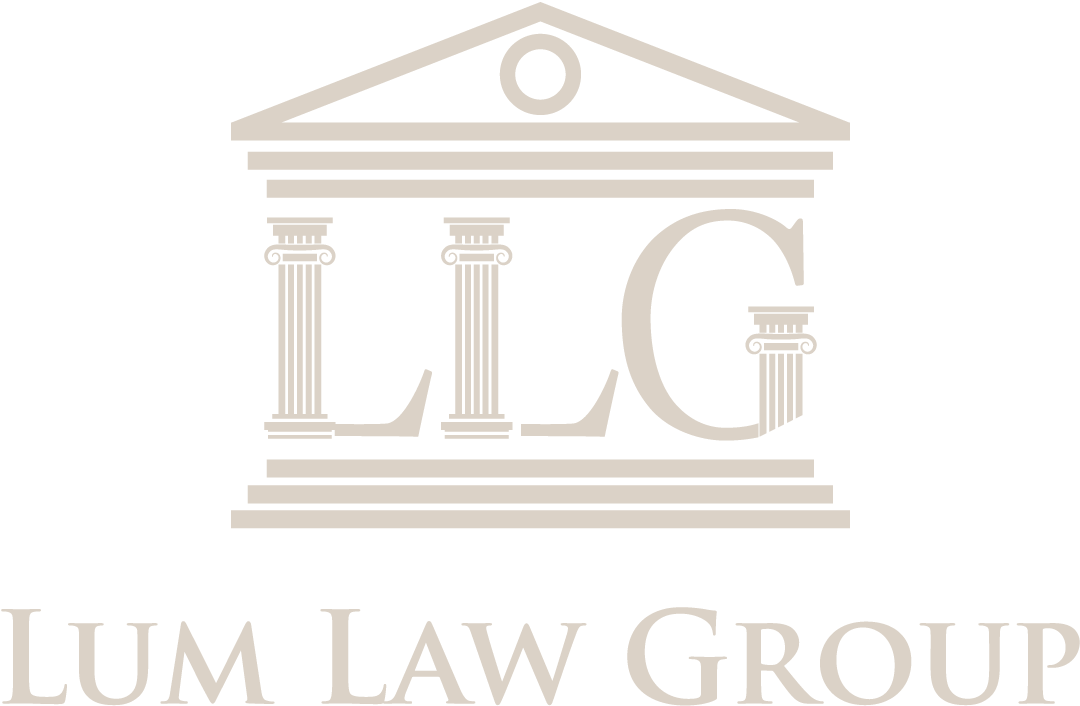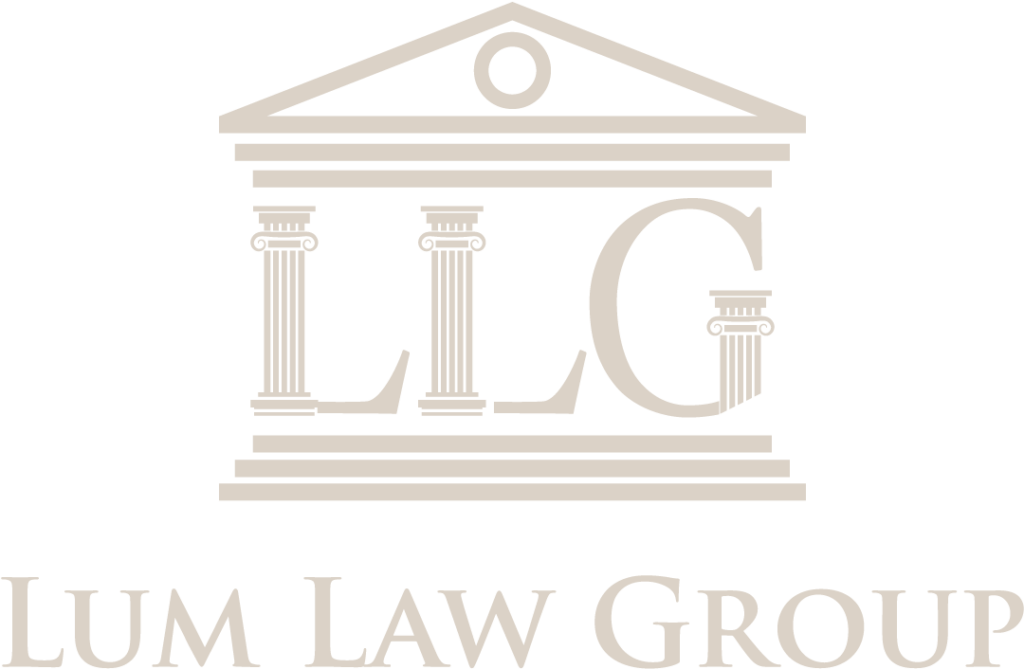After finalizing the new Public Charge of Inadmissibility rule, United States Immigration and Citizenship Services (USCIS) has announced that new green card applicants will be required to file a “declaration of self-sufficiency”. The not-yet-released Form I-944 is an additional requirement for all Form I-485 Application to Register Permanent Residence or Adjust Status submissions starting October 15, 2019. In this article, we will examine the September 26, 2019 draft copy of the Form I-944, Declaration of Self-Sufficiency and its accompanying I-944 instructions.
Note: USCIS has not released the final version of the Form I-944 and Instructions to Form I-944 and the contents of this article is based on just one of many draft copies of the two documents.
Who has to file a Declaration of Self-Sufficiency?
- Any adjustment of status or green card applicant filing with a Form I-485;
- Any non-immigrant category affected by the Public Charge rule, such as: H1-B, L-1, L-2, and H-4;
- Any visa category affected b y the Public Charge rule, such as F-1 visa and OPT holders;
- Any applicant filing for an extension of one of the above could be served a Request for Evidence (RFE) demanding a Form I-944
What do I need to prepare for the Form I-944?
The following information will be asked for on the form:
- Basic: name, alien registration number (A number), social security number (SSN), etc.
- Household: marital status, household members, household income, etc.
- Financial: assets, liabilities, income, credit score, bankruptcy, etc.
- Education: language skills, certifications, degrees, etc.
- Employment: career prospects, work history, retirement, etc.
- Health: medical conditions, medical history, health insurance, etc.
- Public Benefits: use of discontinued use of public benefits, etc.
Now let’s break down each section to see what you’ll need to prepare for in terms of both information and supporting documents.
- Basic information required on the form include any personal information already entered on your other USCIS forms, including the I-485, Application to Register Permanent Residence. The only difference is that this form requires you to authorize the Social Security Administration (SSA) to verify your social security number.
Documents you may need: SSN card, passport, birth certificate, local ID, marriage certificate
- Household information includes all members of your household, their basic information (A numbers), and any immigration benefits they are currently applying for or have previously received. Household information can also include anyone who claims you as a dependent on their federal income tax returns.
Documents you may need: prior year tax returns
- Financial information includes assets, liabilities, and resources for the household as a whole. This means anyone within your household will need to provide a list of their assets, liabilities, and resources.
- Any income that is in addition to what was reported on your federal income tax returns needs to be further listed and supported with documentation. A good example might be child support payments.
- If your household has failed to file an income tax return, you’ll need to provide an explanation.
- If you earned income by working illegally without a valid work permit, you’ll need to provide an explanation.
- Any income, debts, or losses from gambling will require additional documentation as well.
Documents you may need: pay stubs, W2s, prior year tax returns, court documents, W2-Gs, 1099s
- Financial assets include real estate property, bank accounts, trusts, stocks, retirement accounts, etc.
- Financial liabilities include loans, mortgages, car loans, credit card debts, student loans, etc.
Documents you may need: credit report, deeds, bank statements, stock/bond certificates, notes, bankruptcy documents, property appraisals, mortgage statements, lien releases
- Education information includes your overall education history including any language certificates, occupational and vocational skill certificates, degrees, etc.
Documents you may need: high school diploma, bachelor’s/master’s/PHD degrees, transcripts, certificates, licenses, foreign degree evaluation
- Employment information includes your current employment status, a complete work history, any occupational licenses/certificates/degrees, any current non-immigrant visa approvals, and plans for retirement
Documents you may need: Form I-140 Approval Notice, licenses, certifications, resume, W2s, recommendation letters, pension income statements
Health information includes your medical history and your medical insurance coverage.
Documents you may need: doctor’s reports, medical test results, vaccination records, health insurance verification letter, Form 1095-B, Health Coverage, Form 1095-C, Employer-Provided Health Insurance
Offer and Coverage Form 1693
- Public Benefits information is a list of any and all public benefits you and your accompanying dependents have previously used, currently use, or plan on using in the future. These benefits can include: social security, medicare, section 8 housing, food stamps, general assistance, any benefit for institutionalization for long-term care at government expense, for example, Intermediate Care
Facilities for People with Intellectual disability (ICF/ID), Nursing Facility (NF), Preadmission Screening & Resident Review (PASRR), Inpatient Psychiatric Services for Individuals Under Age 21, and Services for individuals age 65 or older in an institution for mental diseases, public housing, and even USCIS application fee waivers.
Documents you may need: documentation of any public benefit received, explanations/declarations explaining your situation
The Form I-944 is a free form with no additional fees that does not replace the Form I-864, Affidavit of Support, but is almost as lengthy. USCIS estimates the amount of time it takes to fill out a Form I-944 is 4.5 hours, but that’s assuming you already have all of your supporting documentation. Submitting a form without sufficient documentation can lead to a denial based on insufficient evidence. Ensure you’re prepared for your application by gathering information now, rather than later!
Still have questions? Ask us what we, at Lum Law Group, can do for you!

